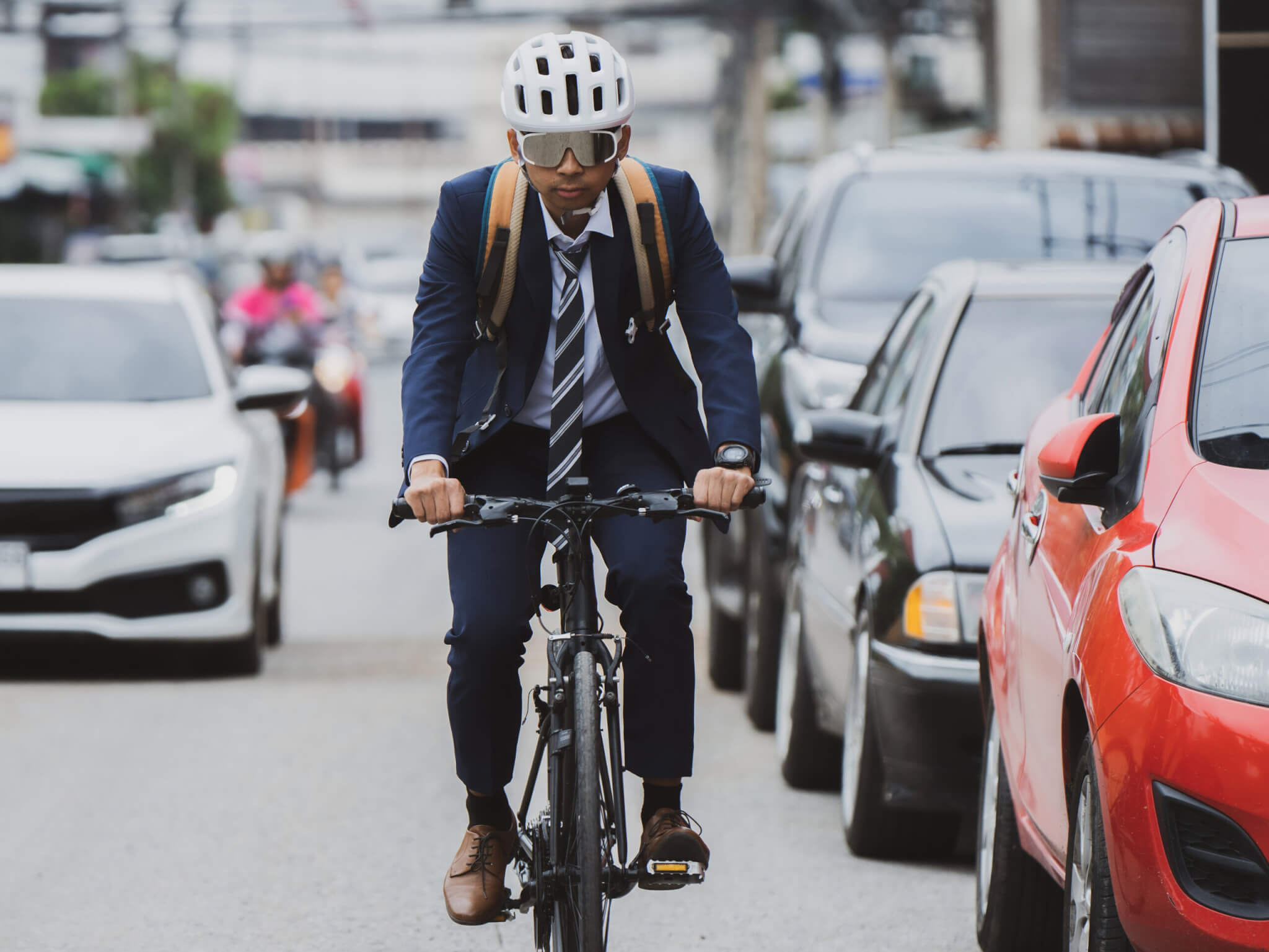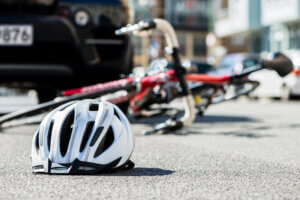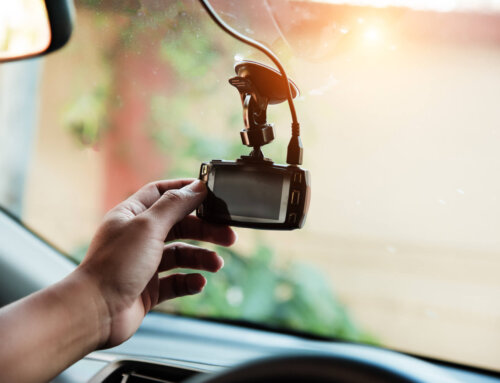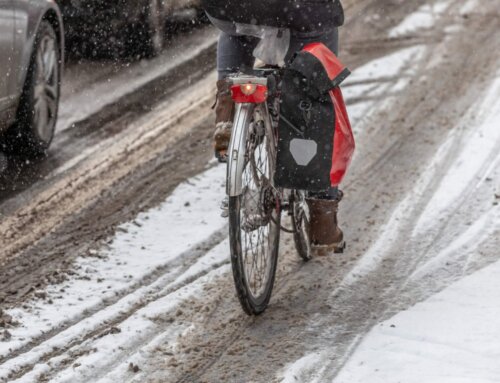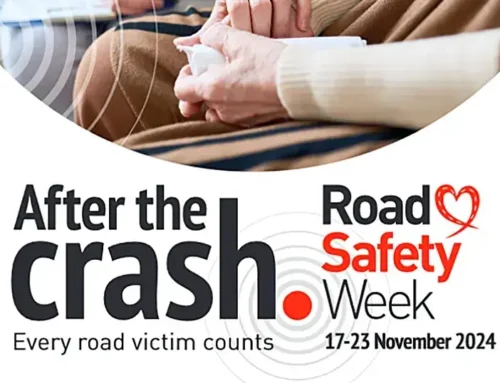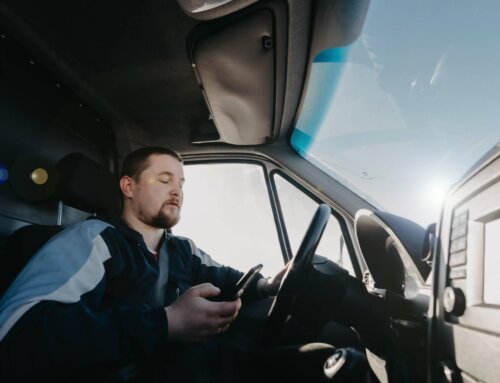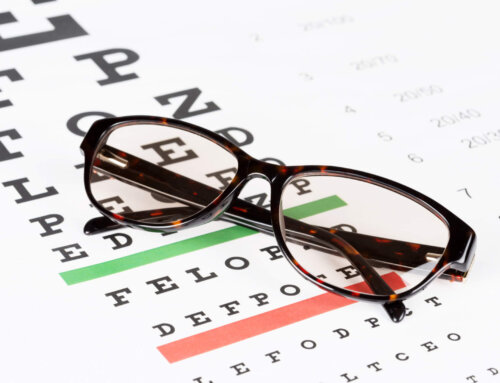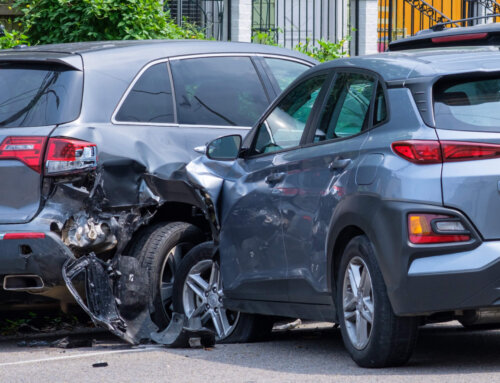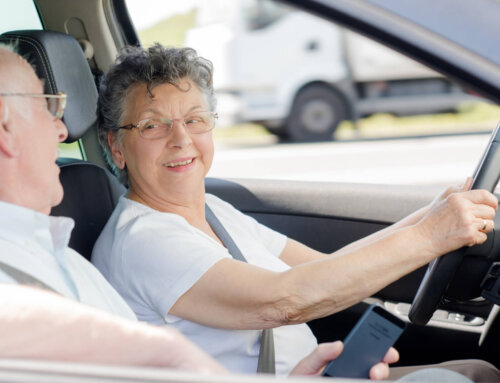Cyclists are among the most vulnerable of road users. They are more difficult to see on the road than motorised vehicles, and they don’t have much protection if they are involved in an accident. As a result, cyclists’ suffer serious injuries from being involved in collisions with motor vehicles.
One of the causes of serious cycling injuries is an accident involving something referred to as ‘dooring’. ‘Dooring’ occurs when a car door, often from one of a line of parked cars, is opened into the path of a cyclist. Doing this can cause the cyclist to hit the door or swerve dangerously to avoid it, putting themselves in danger of colliding with other vehicles.
The consequences of a ‘dooring’ accident can be catastrophic. The cycling charity Cycling UK reports that over 60 cyclists suffer serious injury each year as a result of colliding with an open car door. Around 500 more suffer minor injuries.
Tragically, some cyclists lose their lives due to ‘dooring. In 2016, Sam Boulton was involved in a fatal accident when a taxi’s passenger opened the door into the path of Sam’s passing bicycle. Sam died from his injuries later the same day.
What does the law say about dooring?
Dooring is a criminal offence under the Road Traffic Act 1988 and the Road Vehicles (Construction and Use) Regulations.
A person commits an offence if they open a vehicle door when doing so would put someone else in danger.
Perhaps surprisingly, the penalty for dooring is no more than a fine of up to £1,000 or a penalty notice.
Following Sam Boulton’s tragic passing, Cycling UK’s Duncan Dollimore said:
“A maximum £1000 fine is derisory and trivialises these preventable tragedies.”
In cases where a cyclist has died due to a dooring accident, the driver may instead face manslaughter charges, but this is rare.
The most recent case involving a charge of manslaughter reported in the Press goes back to 2012, when Kenan Aydogu was charged with manslaughter following the death of cyclist Sam Harding.
Mr. Harding was cycling along London’s Holloway Road when he collided with the opening door of Mr Aydogdu’s parked vehicle. Mr Harding was thrown into the path of the bus that had been following behind him.
At the end of a Crown Court trial, a jury acquitted Mr Aydogdu of manslaughter.
Dooring, the Highway Code and the Dutch Reach
The problem of ‘dooring’ has now been explicitly addressed by Rule 239 of the Highway Code, part of which states that if you have to stop on the roadside:
‘You MUST ensure you do not hit anyone when you open your door. Check for cyclists or other traffic by looking all around and using your mirrors’.
The word ‘must’ is deliberately included in this new rule. It imposes a legal obligation on the driver to comply with the rule and consciously check before opening a car door to ensure they do not hit anyone. Drivers who now open their vehicle doors without due diligence may be prosecuted.
This significant change to the Highway Code was introduced by the last major update in January 2022.
The following bullet-pointed section of Rule 239 of the code provides:
“where you are able to do so, you should open the door using your hand on the opposite side to the door you are opening; for example, use your left hand to open a door on your right-hand side. This will make you turn your head to look over your shoulder. You are then more likely to avoid causing injury to cyclists or motorcyclists passing you on the road, or to people on the pavement.”
This rule introduced a concept known as the Dutch Reach, a technique designed to make opening a car door safer. However, some would say that by not making this section of the rule mandatory, its potential to prove an effective deterrent has been much watered down. This section of the rule merely recommends drivers use the Dutch Reach when opening the door – they can’t be prosecuted for not doing so.
Claiming compensation if you are hit by an opening car door while on your bike
Criminal law aims to punish those who break the law and deter others from committing the same offences. Whether the current law against hitting a cyclist by opening a door is strong enough is debatable.
The civil law for cycling accident claims has a different goal. It aims to compensate the injured person whenever possible.
In saying that, we are mindful that when someone dies in a cycling (or any other) accident, compensation will never compensate for the death of a loved one and is usually the last thing on the minds of the next of kin.
However, even in the case of fatal accidents, the family of the deceased may still need to look into pursuing a claim for compensation, especially if they were financially dependent on the person who died.
Cyclists injured in dooring accidents caused by someone else’s negligence may qualify for compensation.
To prove negligence against the other person, you’ll need to prove:
- The person who opened the door owed you a ‘duty of care’.
All road users (including passengers) have a legal duty to take reasonable care and not injure others using the road.
- The person who opened the door breached their legal duty.
When someone opens their vehicle door without checking for cyclists or other traffic first, they likely breach their duty of care.
- You suffered injury as a result of the breach. In other words, your injuries were caused by the ‘dooring’ rather than any other reason.
You’ll need evidence to prove what happened, as we explain below.
How can you prove you were hit by an opening car door whilst cycling?
If you can produce evidence proving that the other party opened their vehicle door directly into your path and caused your accident, they’ll be hard-pressed to deny responsibility.
Examples of the types of evidence that might support your case include:
Witness accounts
If possible, you should get the contact details of anyone who witnessed the accident. We can then take statements from them to support your claim.
CCTV and dashcam footage
These types of evidence can be incredibly useful since they show how an accident unfolded without any form of bias.
Your own recollections
You should record your recollections of the incident as soon as possible after it occurs. Our memories become hazy over time, so the sooner you get what happened on paper, the better.
Photographs
Taking photographs of the scene and of your injuries immediately after the event can be invaluable in painting a picture of how the accident happened and the immediate nature and extent of your injuries.
Your medical records
If you sought medical treatment after the incident, whether at your GP, A&E, or elsewhere, we’ll first get copies of the notes taken down during your appointments.
We will then pass them on to a medical consultant who will go through the notes and arrange for you to undergo a medical appointment to establish the nature and severity of your injuries.
The medical expert will assess your prognosis and consider how much your injuries affect your daily life. This will form the basis of a medical report the medical consultant will prepare. It will play a vital role in your claim.
Financial information
Part of your compensation award will cover any expenses or losses you’ve incurred or will likely incur due to your dooring accident. That includes any loss of earnings, medical costs, and travel expenses. You must retain copies of any receipts or other documentation that we’ll use to support your claim.
Of course, your priority following a ‘dooring’ accident should be your well-being and that of anyone else involved. You’ll likely be shaken up and may need immediate medical assistance. So, if you can’t gather all the evidence we’ve listed above at the scene or afterwards, don’t worry – we’ll help you obtain it.
How much compensation will you receive for being hit by a door when out on your bike?
Personal injury compensation is known in legal speak as ‘damages’. Two types of damages are awarded in personal injury cases: general damages and special damages.
General damages are awarded for what personal injury solicitors and judges call your ‘pain, suffering, and loss of amenity’. It’s impossible to predict the amount of general damages you’ll be awarded since it depends on various factors unique to your case, including the nature of your injuries, how bad they are, and how they impact your daily life. If your accident has left you with psychological injuries as well as physical ones, you can claim for those, too.
A guide on what a reasonable level of general damages in respect of specific injuries might be, the Judicial College (the college responsible for training Judges) produces a set of guideline compensation figures broken down by injury type and severity.
The compensation amounts for each injury type set out in the Judicial College Guidelines are only starting points; your general damages award will depend on the nature of your injuries and their impact.
The best way to find out how much compensation your claim is worth is to wait until your solicitor has obtained a report from a medical expert that sets out the extent of the injuries you’ve suffered and how long it is likely to be before you recover. Your solicitor will have a better idea of your claim’s worth when they have considered the report and calculated any financial losses.
Special damages compensate you for any financial losses, such as loss of earnings and rehabilitation costs.
It’s usually easier to put a more precise monetary figure on special damages, particularly if your accident has not caused any ongoing financial issues.
However, if your injuries mean you can’t return to work for a long time or at all, you can include a claim for future loss of earnings and other associated benefits such as loss of pension claims. In cases like these, the special damages award can be considerable, and ensuring the special damages claim includes everything you are entitled to can be a complex task.
Why choose Mooneerams Solicitors to handle your cycling accident claim?
At Mooneerams, we are cycling accident claims specialists- a niche personal injury firm which only takes on personal injury work and acts solely for personal injury claimants, not insurance companies. We usually do so on a no win no fee basis.
We’ll take the matter through the whole claims process to ensure we get you the maximum compensation possible – whether by negotiation or going to court.
Contact us on 029 2048 3615 for initial legal advice, and we’ll assess the circumstances of your cycling accident and your injuries. If we believe you have reasonable chances of bringing a successful claim and you want us to, we’ll get it started!

